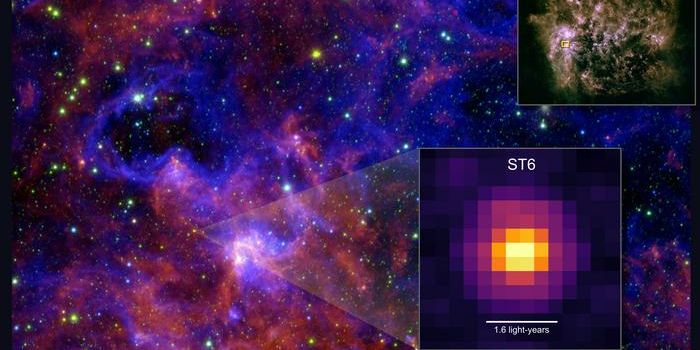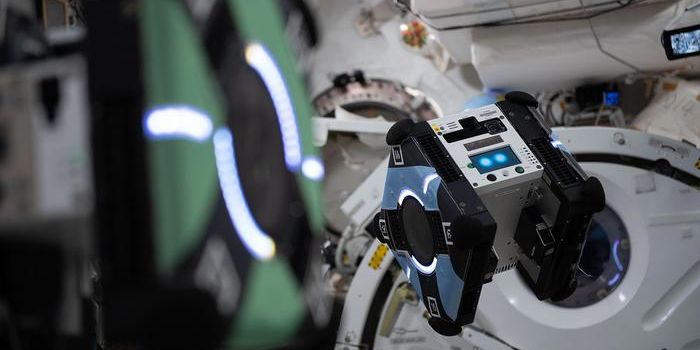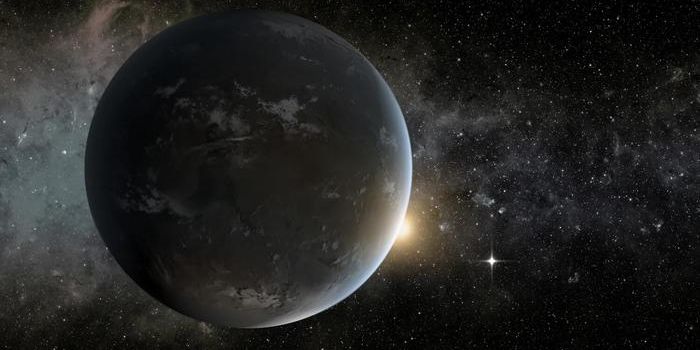SpaceX's 'Top-Secret' Zuma Mission Didn't Go As Planned
The top-secret Zuma payload that SpaceX held off from launching in November finally lifted off atop a Falcon 9 rocket on Sunday, but follow-up reports early this week suggest that the mission didn’t quite pan out as expected.
Image Credit: Peter B. de Selding via Twitter
The Falcon 9 rocket system has multiple stages – the first one pushes the entire Falcon 9 assembly high up into Earth’s atmosphere, while the second one takes over to push the payload closer to its target region in space. At some point after that, the payload separates from the second stage and heads for its destination.
In Zuma’s case, there seemed to be an error in separation between the payload and the second stage. Consequently, the payload never made it to its destination; instead, it tumbled back to Earth and burned up in the atmosphere upon re-entry.
So what went wrong? No official answers exist given the classified nature of the mission, but some reports cite the payload adapter that connects the payload to the second stage as the faulty component.
Related: An explosion breaks out at SpaceX's Cape Canaveral launch pad
SpaceX normally provides its own payload adapter for paying customers, but Northrop Grumman, the payload's manufacturer, insisted on supplying its own because of the circumstances. That said, it's no surprise that SpaceX assumes no responsibility for the failed launch.
“For clarity: after review of all data to date, Falcon 9 did everything correctly on Sunday night,” explained SpaceX COO Gwynne Shotwell in a public statement. “If we or others find otherwise based on further review, we will report it immediately.”
“Information published that is contrary to this statement is categorically false,” she continued. “Due to the classified nature of the payload, no further comment is possible.”
Related: SpaceX is getting excited about its Falcon Heavy rocket
The statement indicates that all SpaceX-owned equipment worked adequately upon launch and that any reports claiming otherwise are false. Then again, the commercial space company has yet to perform a full-fledged investigation.
It's difficult to say precisely what happened with the Zuma payload because the details are hazy. On the other hand, SpaceX doesn't have any plans to discontinue rocket launches anytime soon.
The commercial space company’s newfangled Falcon Heavy rocket currently stands tall at NASA’s historic launch pad 39A, and it’s only a matter of time before its engines ignite.
Source: SpaceX via NYTimes









